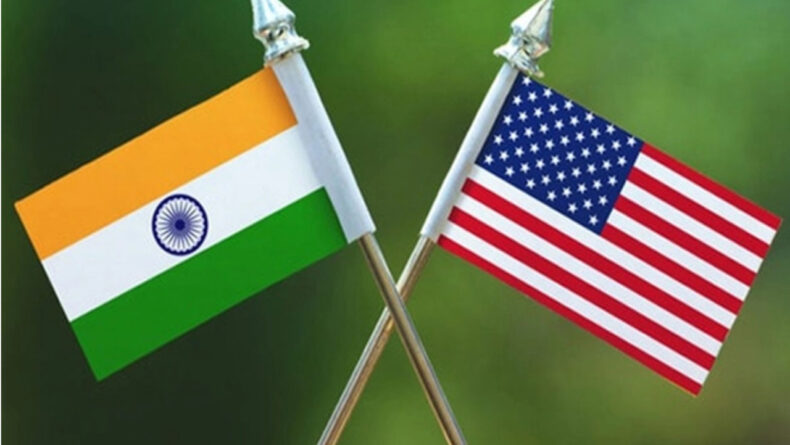On Friday, India and the United States (USA) signed a joint agreement to fight drug trafficking and strengthen laws governing illegal narcotics.
The US State Department announced on Friday that India and the US have signed an Amended Letter of Agreement (ALOA) in the area of narcotics control and law enforcement cooperation. See here.
The joint statement released by the US State Department on Friday stated that Mr. Kemp Chester, Senior Advisor to the Director of National Drug Control Policy at the White House, led the U.S. delegation and Mr. Satya Narayan Pradhan, Director General, NCB, led the delegation from India.
The US delegation was co-led by senior representatives from the State Department and the Department of Justice, according to the US Department of state.
The discussion covered a wide range of topics, including drug demand, narcotics trafficking, regulatory and control efforts, and cooperation on enforcement and criminal investigations, according to the statement.
“Representatives from relevant agencies responsible for law enforcement, policy formulation, drug demand reduction, and other drug -related matters participated in the deliberations,” it said.
India and the United States signed an Amended Letter of Agreement (ALOA) in the field of narcotics control and law enforcement cooperation after presenting an overview of the current drug trafficking situation in their respective countries during the working group meeting.
“The two sides signed an Amended Letter of Agreement (ALOA) in the field of narcotics control and law enforcement cooperation between India and the United States. “During the meeting, each side presented an overview of the prevailing drug trafficking scenario in their respective countries and shared updates on current efforts to thwart trafficking and save lives,” the statement added.
In addition, they discussed prospects for bilateral cooperation in multilateral forums, regulatory issues, and law enforcement coordination during the meeting.
The two sides decided to increase coordination and information sharing on the subject as they understood that drug trafficking and other related crimes coming from the area could represent a severe threat.
Both countries additionally concurred to include drug demand reduction issues under the purview of the CNWG and to work together to combat the exploitation of unregulated chemicals and pharmaceuticals funneled by the drug trafficking networks.
The joint statement said, “India and the United States agreed to include drug demand reduction topics under the umbrella of the CNWG. Both sides also agreed to cooperate to fight the exploitation of unregulated chemicals and pharmaceuticals diverted by drug trafficking networks and to share best practices for monitoring the use of unregulated chemicals in drug manufacturing.”
The two sides also discussed expanding their cooperation in the areas of information sharing and capacity building in order to combat drug trafficking and related crimes.
The US State Department also said, “Acknowledging the importance of bilateral capacity-building in fighting cross-border drug trafficking, the United States will organize training programs for Indian drug enforcement agencies on trafficking in fentanyl and related synthetic opioids.”
The United States is scheduled to host the next CNWG in 2024.
India is emerging as an important player in a global system that is going through an unprecedented revolution. It should take advantage of its current situation to look into ways to advance its important interests.
It would be prudent to keep an eye on the bigger strategic picture—the Indo-Pacific and countering China—even though India and the US have had differences of opinion when it comes to admonishing Russia in its ongoing conflict with Ukraine.
Today, India and the United States are strategic partners in the true sense of the term—a partnership between established world powers. They are managing differences rather than aiming for total convergence by fostering ongoing communication and using these differences to create new opportunities.












